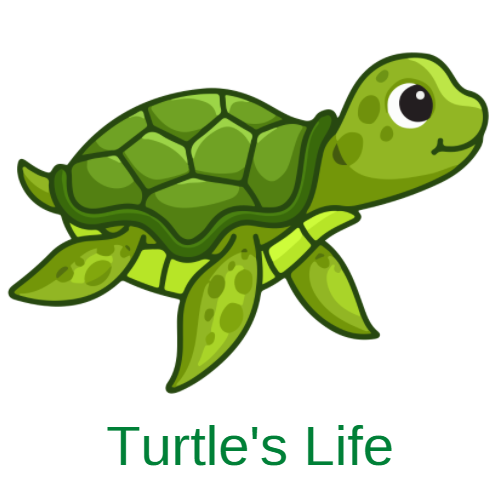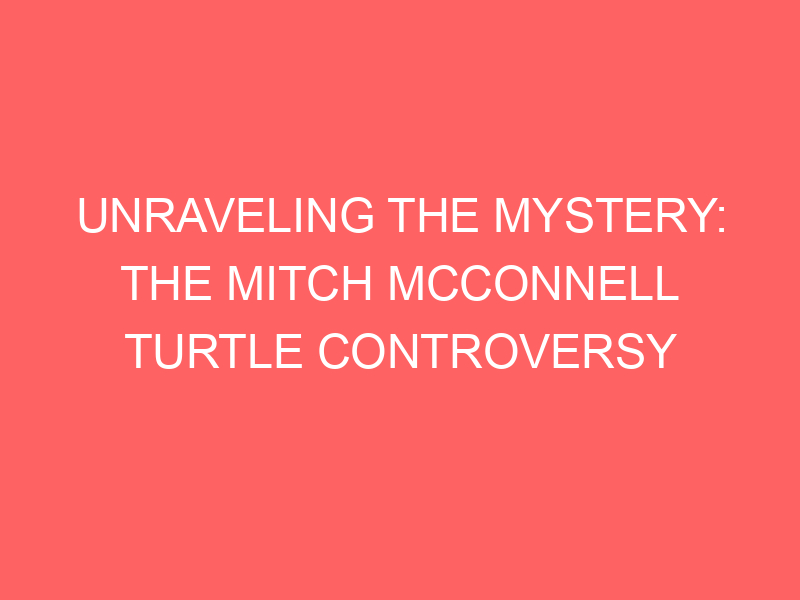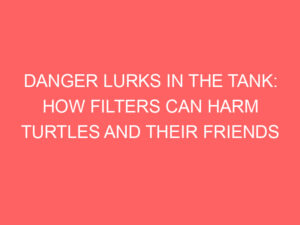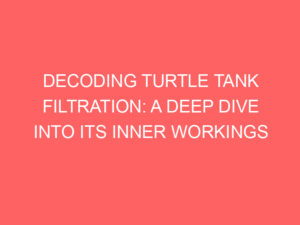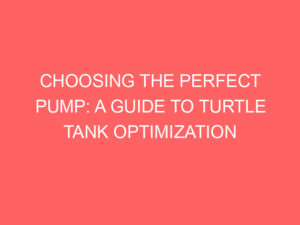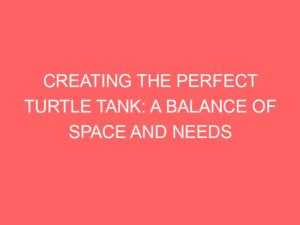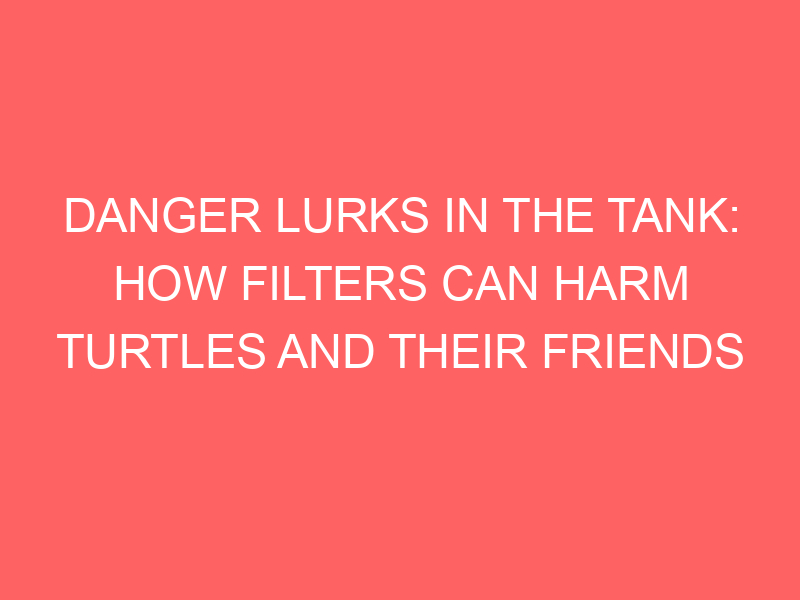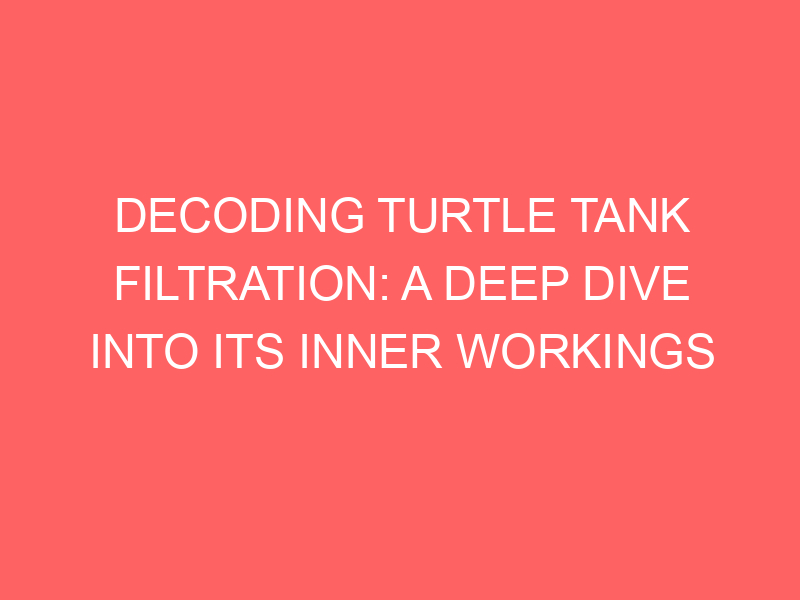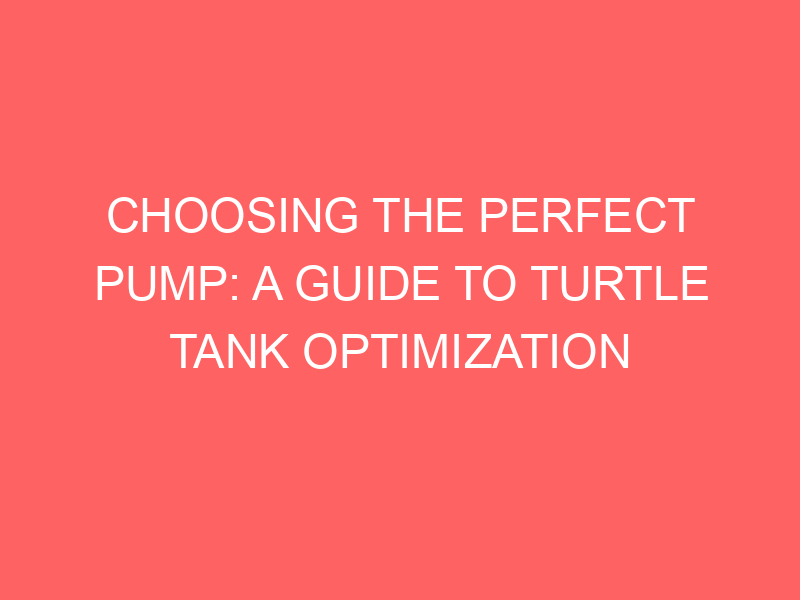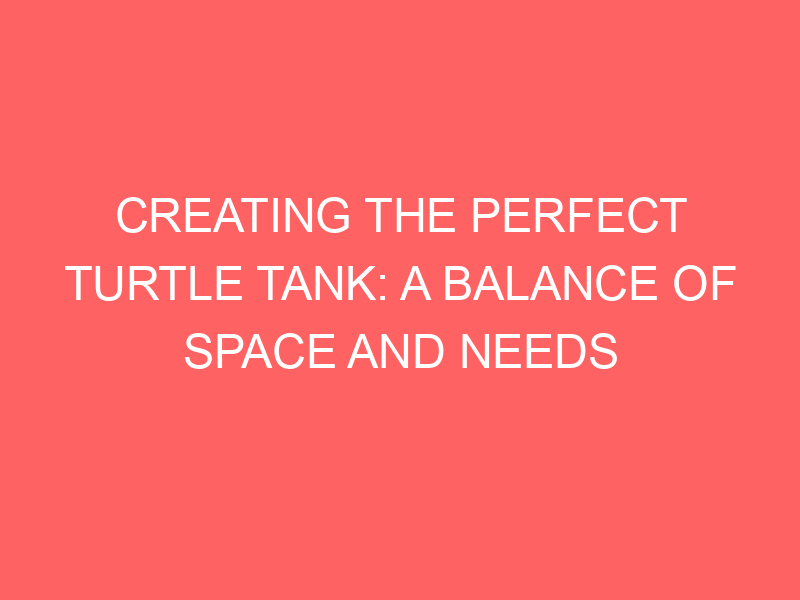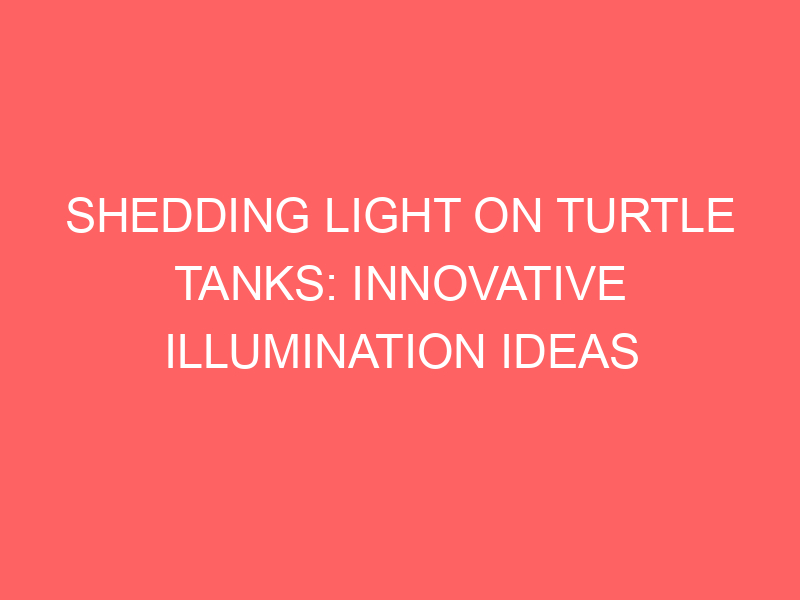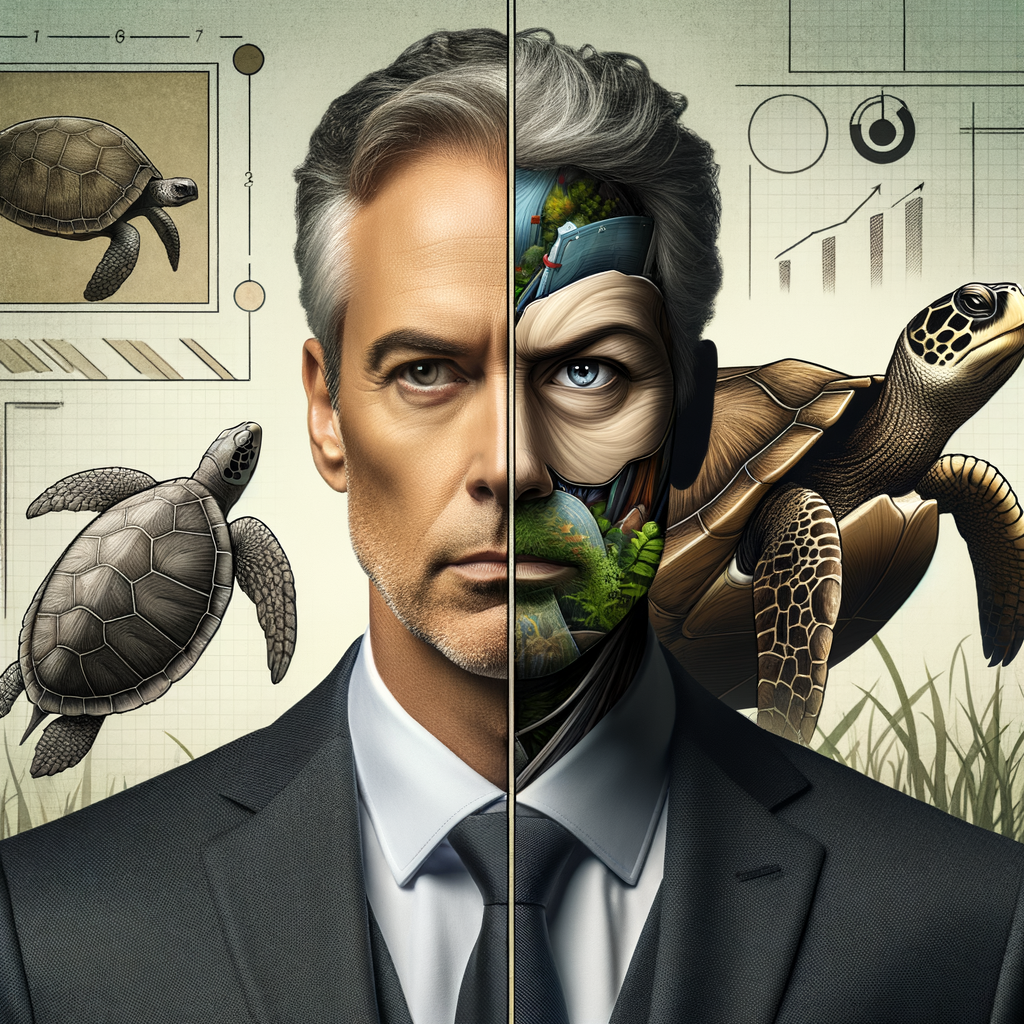
Introduction to the Mitch McConnell Turtle Controversy
For those who are not familiar with the world of politics and memes, the Mitch McConnell Turtle Controversy might sound like a strange topic. However, it has been a significant part of political discussions and internet culture in recent years. This article will provide an overview of the controversy and explain how it originated.
- Overview of the Mitch McConnell Turtle Controversy
- Origins of the McConnell Turtle Meme
Mitch McConnell, the United States Senator from Kentucky, has been a prominent figure in American politics for decades. However, he gained a new level of notoriety when he started being compared to a turtle in various memes and jokes. This comparison was not due to any particular love for turtles, but rather as a form of political satire and commentary.
The “Mitch McConnell Turtle” meme has been used to critique McConnell’s political actions and strategies. It has been shared widely on social media platforms, and has even been featured on popular television shows. The meme has become so well-known that it has sparked a broader controversy about the use of humor and satire in political discourse.
The McConnell Turtle meme originated from a combination of factors. First, there is a physical resemblance between McConnell and a turtle. This resemblance was first pointed out by comedians and late-night talk show hosts, who used it as a humorous way to comment on McConnell’s political actions.
Second, the turtle comparison also serves as a metaphor for McConnell’s political strategy. Turtles are known for their slow and steady pace, and McConnell has often been criticized for his slow-moving and obstructionist approach to politics. The turtle meme, therefore, serves as a visual and symbolic representation of these criticisms.
In the following sections, we will delve deeper into the Mitch McConnell Turtle Controversy, exploring its impact on politics and internet culture, and reflecting on its broader implications.
Exploring the Mitch McConnell Controversy
In this section, we will delve deeper into the controversy surrounding Mitch McConnell, a prominent figure in American politics. Often, he is compared to a turtle, a comparison that has sparked a variety of reactions from the public. Let’s explore why this comparison is made and how people have responded to it.
Understanding the McConnell Turtle Controversy
- Why is Mitch McConnell compared to a turtle?
- Public reactions to the McConnell Turtle Comparison
The comparison of Mitch McConnell to a turtle is largely based on his physical appearance. Some people believe that his facial features resemble those of a turtle. This comparison has been amplified by political cartoonists and meme creators who often portray him as a turtle in their works. It’s important to note that this comparison is not meant to be a factual statement about McConnell’s appearance, but rather a humorous and satirical observation.
The public’s reactions to the McConnell turtle comparison have been varied. Some people find the comparison humorous and use it as a light-hearted way to discuss politics. Others see it as a form of disrespect towards McConnell and his position. There are also those who are indifferent to the comparison, viewing it as just another meme in the world of politics.
Overall, the McConnell turtle controversy is a fascinating example of how humor and satire can play a role in political discourse. Whether you find the comparison amusing or not, it’s undeniable that it has contributed to the public’s perception of Mitch McConnell.
McConnell Controversy Details
Let’s delve deeper into the details of the McConnell turtle controversy. We’ll start from the very beginning, tracing the first emergence of the McConnell Turtle Meme, and then explore how it evolved over time.
- First emergence of the McConnell Turtle Meme
- How the McConnell Turtle Meme evolved over time
The McConnell Turtle Meme first surfaced around 2010. It was a playful jab at Senator Mitch McConnell’s slow and steady approach to politics, likening him to a turtle. The meme featured a picture of a turtle with McConnell’s face superimposed on it. It quickly gained popularity on social media platforms, especially among those who disagreed with McConnell’s political views.
Over the years, the McConnell Turtle Meme has evolved and taken on new forms. It has been used in political cartoons, protest signs, and even merchandise like t-shirts and mugs. The meme has also been adapted to comment on specific events or policies associated with McConnell. For example, when McConnell was slow to respond to a particular issue, new versions of the meme would emerge, depicting the turtle-McConnell in a race or stuck in molasses. Despite its humorous nature, the meme has played a significant role in shaping public perception of McConnell.
In conclusion, the McConnell Turtle Meme is more than just a funny picture. It’s a symbol of the public’s perception of McConnell’s political style. While it started as a simple joke, it has evolved into a powerful tool for political commentary and satire.
Behind the Shell: The McConnell Turtle Controversy
In our journey through the Mitch McConnell turtle controversy, we’ve come to a critical point. Now, we delve into the heart of the matter. We’ll explore the impact of the McConnell turtle meme and how it has influenced both McConnell’s public image and the broader political discourse.
Impact of the McConnell Turtle Meme
The McConnell turtle meme, a comparison drawn between Senator Mitch McConnell and a turtle, has had significant effects. It has not only shaped McConnell’s public image but also influenced the way we discuss politics. Let’s break this down further.
- How the McConnell Turtle Meme has affected McConnell’s public image
- How the McConnell Turtle Meme has influenced political discourse
Before the meme, McConnell was primarily known for his political acumen and leadership role in the Senate. However, the turtle meme has added a new dimension to his public image. It has made him a figure of humor and satire, often overshadowing his political achievements. This has led to a shift in public perception, with some viewing him less seriously due to the meme’s influence.
The McConnell turtle meme has also had a profound impact on political discourse. It has introduced a new form of political commentary, one that relies on humor and satire to critique and analyze political figures. This has changed the way we discuss politics, making it more accessible and engaging for the public. However, it has also raised questions about the appropriateness of such humor in serious political discussions.
In conclusion, the McConnell turtle meme has had a significant impact. It has reshaped McConnell’s public image and transformed political discourse. However, it’s important to remember that while memes can be entertaining, they should not overshadow the serious issues at hand.
Case Study: McConnell’s Turtle Comparison in Media
Let’s dive into the media’s portrayal of the McConnell Turtle Controversy and how it has been used in popular culture.
- Media portrayal of the McConnell Turtle Controversy
- Examples of McConnell Turtle Meme in popular culture
The media has played a significant role in the McConnell Turtle Controversy. News outlets, both online and offline, have frequently compared Senator Mitch McConnell to a turtle. This comparison is often used to criticize his slow response to pressing political issues. For instance, during the 2020 COVID-19 pandemic, several media outlets used the turtle metaphor to highlight McConnell’s perceived slow response to the crisis.
Cartoonists have also jumped on this trend, creating illustrations that depict McConnell as a turtle. These cartoons often portray McConnell hiding in his shell, symbolizing his tendency to avoid taking a stand on controversial issues. This portrayal has significantly influenced public opinion, leading to a widespread perception of McConnell as a slow and indecisive leader.
The McConnell Turtle comparison has not only been limited to news media. It has also found its way into popular culture, especially in the form of memes. These memes, widely shared on social media platforms like Facebook, Twitter, and Instagram, often depict McConnell as a turtle, reinforcing the media’s portrayal of him.
One popular meme shows McConnell’s face superimposed on a turtle’s body, with the caption “Slow and steady wins the race… unless it’s a race against time.” This meme was widely shared during the debate over the Affordable Care Act, criticizing McConnell’s slow approach to healthcare reform.
Another meme shows a cartoon turtle with McConnell’s face, hiding in its shell. The caption reads, “When the going gets tough, the tough get going… into their shell.” This meme was shared widely during the impeachment trial of President Donald Trump, criticizing McConnell’s perceived reluctance to take a stand.
In conclusion, the McConnell Turtle comparison has been a powerful tool in shaping public opinion about Senator Mitch McConnell. Whether in news media or popular culture, this comparison has painted a picture of McConnell as a slow and indecisive leader, influencing how the public perceives his leadership.
Conclusion: Reflecting on the Mitch McConnell Turtle Controversy
In this final section, we will reflect on the key takeaways from the Mitch McConnell Turtle Controversy and discuss its potential future implications. The incident, while seemingly trivial, has sparked significant discourse and has had far-reaching impacts.
- Key takeaways from the McConnell Turtle Controversy
- Future implications of the McConnell Turtle Meme
The Mitch McConnell Turtle Controversy has served as a stark reminder of the power of social media and the role it plays in shaping public opinion. The meme, which likened the senator to a turtle, quickly gained traction and became a symbol of public discontent with his political actions. It highlighted the growing trend of using humor and satire as tools for political commentary.
As we move forward, the McConnell Turtle Meme may serve as a precedent for future political discourse. It has shown that politicians are not immune to being the subject of memes and that these can significantly influence public perception. This could potentially lead to a new era of political communication, where memes and social media play a more prominent role.
In conclusion, the Mitch McConnell Turtle Controversy has been a significant event in the realm of political communication. It has demonstrated the power of memes and social media in shaping public opinion and has potentially set the stage for a new era of political discourse. As we continue to navigate the digital age, it will be interesting to see how this trend evolves.
